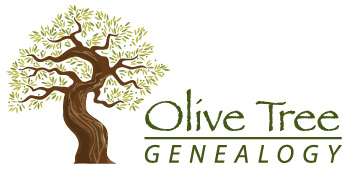SALT LAKE CITY, UTAH (May 9, 2012) – The 1940 U.S. Census Community Project
announced today the availability of a free, searchable index of 1940
U.S. census records for six U.S. states, including Delaware, Colorado,
Kansas, Oregon, Virginia and New Hampshire. Records for these states are
now searchable by name, location and family relations thanks to the
efforts of more than 100,000 volunteers nationwide.
“For the past month, Community Project partners have worked to
establish the first free, searchable database of 1940 U.S. census
records made possible entirely through the hard work of volunteers,”
said Josh Taylor, spokesperson for the 1940 U.S. Census Community
Project. “We’re proud to bring easily searchable 1940 U.S. census
records for Delaware, Colorado, Kansas, Oregon, Virginia and New
Hampshire online for people to learn about their ancestors and life and
times in these states more than 72 years ago.”
Since April 2, Community Project volunteers have indexed more
than 45 million records and this number continues to grow quickly as
more than 10,000 volunteers sign up each week. Those interested in
lending a hand can learn more and sign up to be an official 1940 U.S.
census volunteer indexer at the 1940 census website (the1940census.com).
The project will release searchable records for individual states on an
ongoing basis with an aim to make the entire 1940 U.S. census
searchable by the end of 2012.
The 1940 U.S. Census Community Project is a joint initiative between the National Archives and Records Administration (NARA), Archives.com, FamilySearch.org, findmypast.com, ProQuest
and other leading genealogy organizations. Thanks to advancements in
technology and to volunteers nationwide, Project partners and volunteers
can lend a voice to countless untold stories of their ancestors living,
working and persevering as the “Greatest Generation.”
“When you index U.S. census records, what you’re essentially
doing is stepping back in time and walking in the shoes of the
enumerator some 72 years prior,” said Megan Smolenyak, spokesperson for
the 1940 U.S. Census Community Project. “The indexing experience is much
like walking down a street, ringing doorbells and learning about a
specific neighborhood in 1940. Only now, volunteers can explore these
fascinating records from the comfort of our own homes.”
To learn more about the 1940 U.S. Census Community Project and
to track real-time progress of volunteer indexing efforts, visit the1940census.com.


No comments:
Post a Comment